90% of LGBTQ people fear discrimination when seeking care. Here's what needs to change.
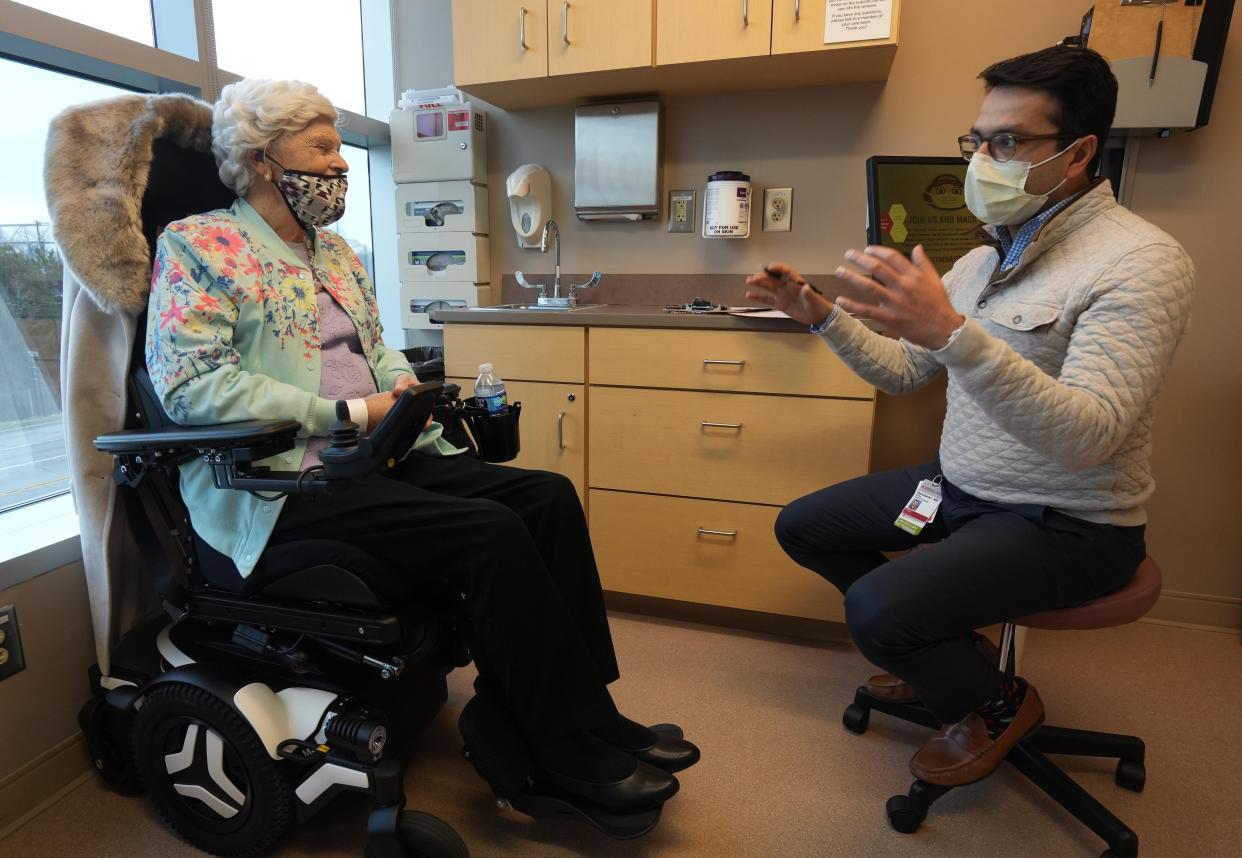
Last fall, Renee Mongeau worked up the courage to ask for help coming out as a transgender woman to the other residents of the retirement community where she lives.
Mongeau, 79, had ordered a few items of women's clothing and accessories on Amazon, but needed help to get to a store to buy clothing so she could begin to dress the way she's felt for decades.
More on Mongeau: 'Who I always was.' A 79-year-old transgender woman's journey to acceptance
Natasha Kalin, the business office manager at Westerville Senior Living, where Mongeau lives, didn't hesitate when Mongeau came out to her, then asked for help. She and another employee took Mongeau shopping and have since facilitated more trips. Kalin also occasionally helps Mongeau with her makeup, since her vision is declining.
"It was the right thing to do," Kalin said. "She's definitely a special person."
Mongeau, who lived most of her life as Kenneth Edward, is one of an estimated 1.3 million adults who identify as transgender in the United States, according to the Williams Institute, a research center on sexual orientation.
Only 171,700 are over 65 years old, though many say that is likely an undercount, as transgender people may be hesitant to self-identify.
As the entire U.S. population ages, so do thousands of transgender and transitioning adults.
Tips on finding care: Looking for a LGBTQ-friendly long-term care provider? Here's how to find one.
But aging and finding accepting care — like what Mongeau has gotten at Westerville Senior Living — has barriers that may not exist for adults who are not transgender. There are advocates who are fighting for education of healthcare providers and long-term care staff, in hopes that transgender adults can find safe, comfortable places to age, free from the discrimination many have been plagued with their whole lives.
"We hear of experiences where older transgender people have been denied housing and health care or fired from their job after they have transitioned, leaving older transgender people at risk for economic and housing insecurity and poor health outcomes," said Sherrill Wayland, director of Special Initiatives at SAGE, a national advocacy and service organization for LGBTQ elders based in New York. "It is essential that older transgender people have access to services that are welcoming and supportive of their needs as they age.”
Mongeau feels grateful to have found acceptance and support at her retirement community, though, she knows that's not always the case for others.
"They didn't hesitate, they had them all start addressing me immediately as Renee," she said of the staff at Westerville Senior Living. "It felt wonderful."
'Aging and coming out at the same time'
As the number of older people identifying as transgender increases, so does the unprecedented need for accepting facilities and educated staff members.
The experience of coming out can be very different for older transgender adults, as some have known they were different their whole lives but were never exposed to the words to describe their own identity or other people who are like them.
Mozaic: Equitas' transgender wellness program now serving a more diverse community on East Side
"Folks are aging and coming out at the same time," Wayland said.
“Oftentimes, they grew up not really having the resources, the education materials, the possibility models that youth have today. They may have lived 20, 30, 40, 50 years without really having a connection to the transgender community, and now with the internet and different resources out there for many older adults, that's opened up this new world for them."
Older adults may also have been deterred by pivotal cultural moments and widespread LGBTQ discrimination, such as during the Lavender Scare in the 1940s and 1950 — when thousands of men and women were fired from government jobs or investigated because they were suspected to be gay or lesbians.
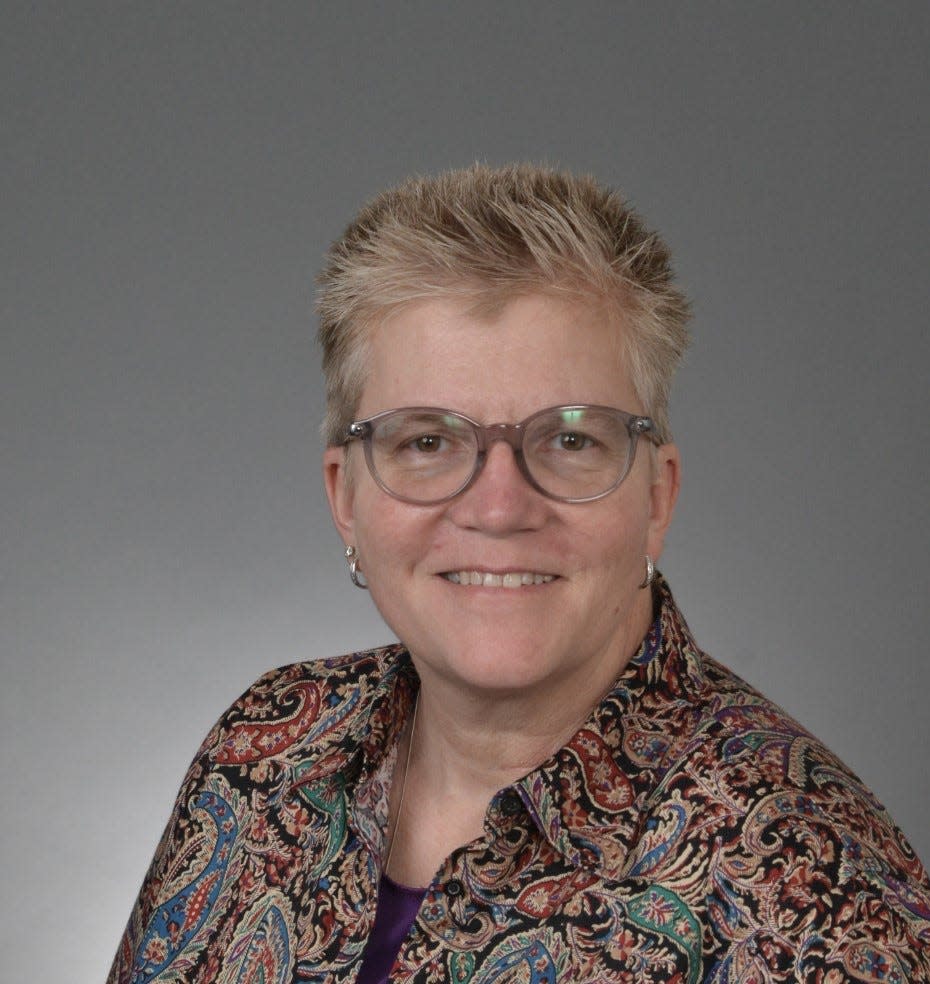
Despite a climate of anti-LGBTQ protests and legislation, more mature adults are feeling comfortable coming out these days. But they may wait until after they’ve retired, their children have left home or their marital status has changed, Wayland said.
"It’s really starting to finally have that time to really explore who they are and make that transition at a time when they feel more comfortable and secure," Wayland said.
Redefining 'elders': ‘We lose a lot of people’
Aging doesn’t happen the same way in the LGBTQ community, said Zac Boyer, director of programs and marketing at Stonewall Columbus, an LGBTQ advocacy group.
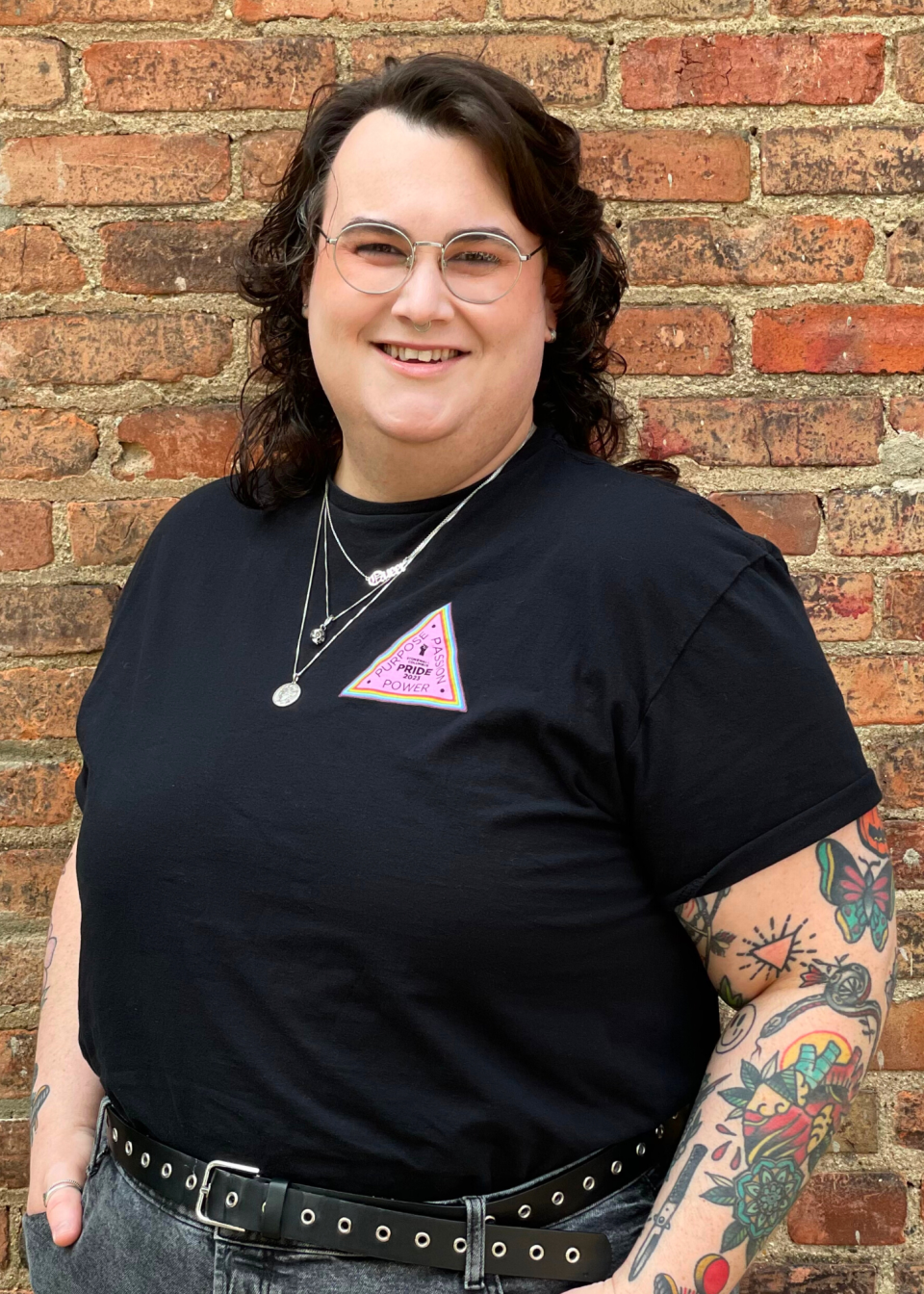
A lot of circumstances in the lives of transgender people may not allow them the privilege of aging, Boyer said.
“Whether it is violence folks are facing, addiction, (or) because of different mental health atrocities, we lose a lot of people,” said Boyer.
Columbus woman shares 2019 experience: Transgender recruit races to join military before ban takes effect
Al Cho, an AmeriCorps VISTA member and graduate student intern at the Age-Friendly Innovation Center at Ohio State University, researches LGBTQ older adults.
“We don’t create plans for aging because we don’t intend to age,” said Cho, who identifies as a transgender masculine non-binary person.
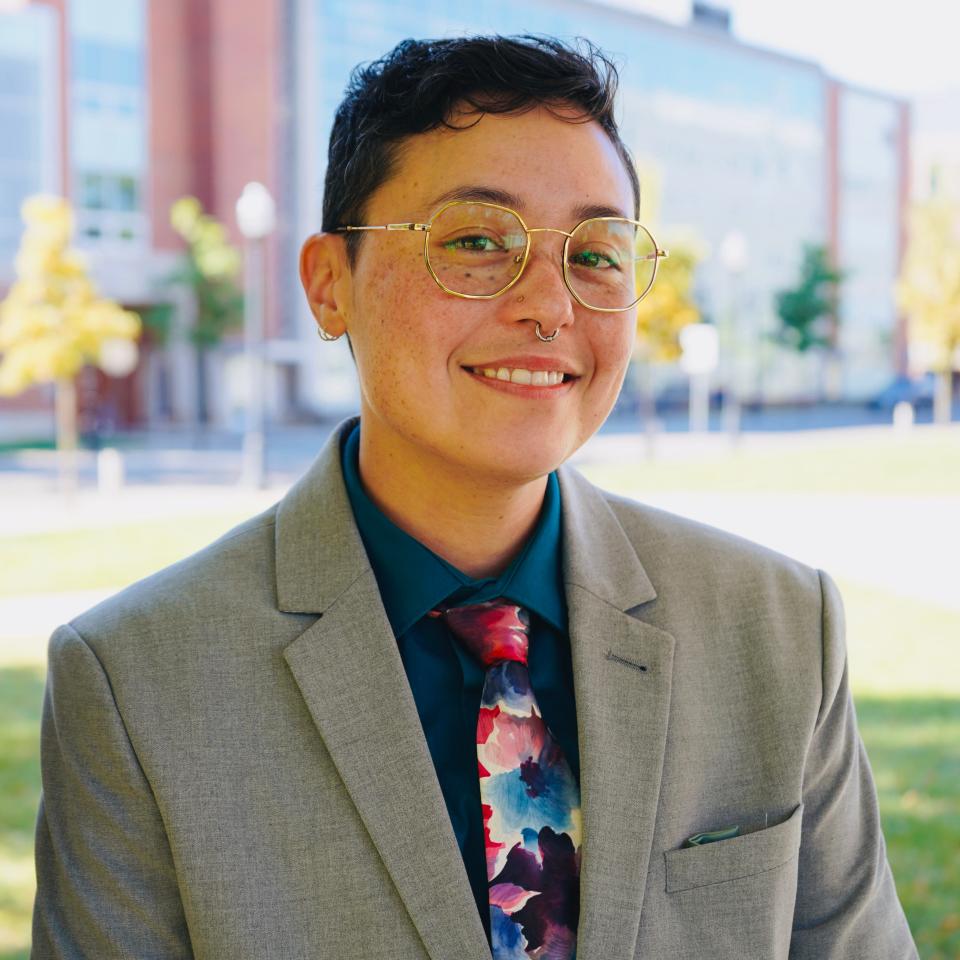
LGBTQ people may not have access to traditional caregivers, either, as they may not have children or partners, or the loved ones they do have may have shunned them when they decided to embrace a different gender identity, Boyer said.
Instead, transgender people often rely on friends as caregivers.
Who will care for transgender elders?
If they don't have loved ones to care for them, or if they need more care than loved ones can provide, older transgender adults may be hesitant to seek long-term residential care because of intense fears of discrimination.
A SAGE survey showed that nine out of 10 LGBTQ people feared discrimination if providers knew their sexual orientation or gender identity, which can be especially hard to hide for transgender people, said Loree Cook-Daniels, policy and program director at FORGE, a Wisconsin-based transgender anti-violence organization.
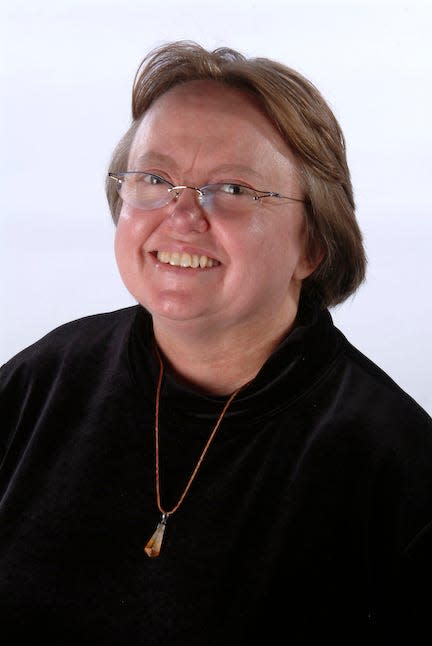
There aren’t federal protections for transgender people when it comes to discrimination, so many have been denied housing or health care and fired from their jobs after transitioning, Wayland said.
“Those fears can cause people not to seek supportive services when they need them," Wayland added.
Photos: "This Is Trans" project the product of Columbus photographer, activist
Some people may choose to go back into the closet when seeking residential care, Boyer said, in part because of fears of their personal safety and the emotional labor that comes with explaining who they are over and over.
“If you have to choose between safety or authenticity, oftentimes safety wins,” Boyer said.
November 2022: Columbus Transgender Day of Remembrance to honor lives taken in anti-trans violence
As more transgender people seek care at residential facilities, it’s an opportunity for society and providers to find gaps in services, Cho said.
There are few providers that cater specifically to LGBTQ people, such as Equitas Health, with the number even less for those offering care for older LGBTQ people.
“These facilities are not made with us in mind,” Boyer said. “These facilities are made with a general population in mind.”
Still, some transgender adults may feel they have to hide their true identity when seeking care, which can have negative health effects, Boyer said.
“I'm hoping there are more facilities that are creating spaces for LGBT people, understanding you have to do a lot of your own education,” Boyer said.
May 2023: Bill banning transgender girls from female sports teams headed to Ohio House floor
Mongeau loves living at Westerville Senior Living, where staff got special permission to take her out shopping when she told them she is a woman and wanted to dress as such. They also changed the name on the door outside her room as soon as she told them, she said.
Westerville Senior Living, owned by Denver-based Spectrum Retirement Communities, is a versatile, open-minded company, Kalin said.
"Spectrum believes in the happiness of every resident," Kalin said. "Every staff member has supported her every step of the way from day one all the way to this day."
A model for acceptance
United Church Homes, a Marion-based nonprofit group that owns or manages more than 80 senior living and health care communities in 15 states, has long been welcoming to LGBTQ people and intentional about addressing their needs, said the Rev. Beth Long-Higgins, vice president of engagement.
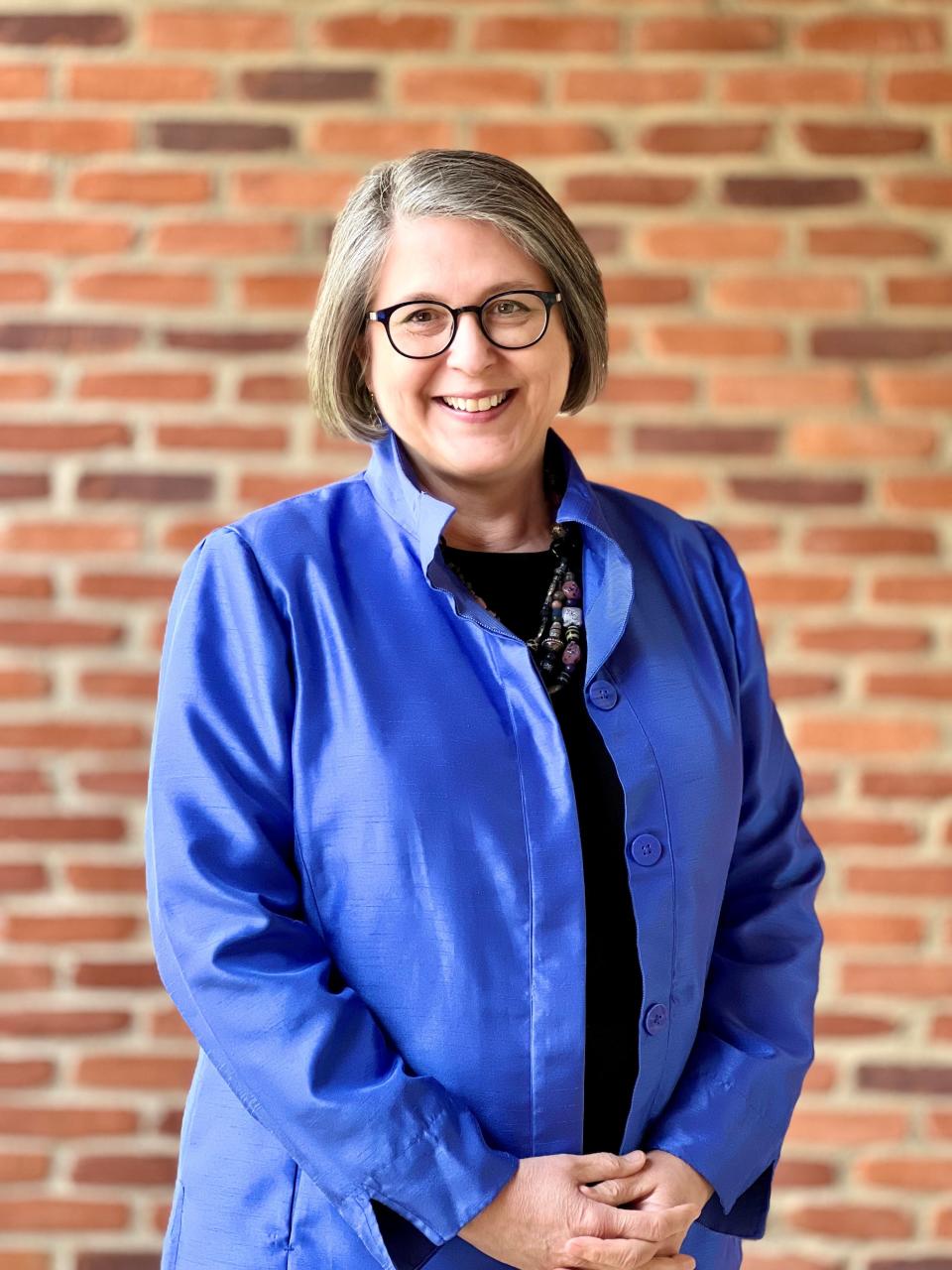
United Church Homes is a model for how independent and assisted living facilities can grow, Cho said.
“That is not the standard, that is not what is across the board right now,” he said.
In 2012, United Church Homes began working with SAGE to train employees and leaders and went through the SAGECare education process, Long-Higgins said.
A local resource: Veterans Affairs Pride Clinic is a 'godsend' for Columbus transgender veterans
SAGECare is a cultural competency training program for skilled nursing and assisted living facilities, health care organizations and anyone else who provides services to older adults to help them make their facilities more welcoming for LGBTQ people, according to its website. The training educates providers on the "needs, concerns and unique history" of LGBTQ older adults, as well as offering ways to improve the quality of support and services provided, according to its website.
What's being done?
United Church Homes is also participating in the Long-Term Care Equality Index (LEI), a national benchmarking tool for LGBTQ inclusion in senior housing and long-term care communities.
The index, a partnership between SAGE and the Human Rights Campaign Foundation, is designed to help long-term care communities look at their policies and make needed changes to be more welcoming and supportive, Wayland said.
The LEI helped leaders at United Church Homes identify places where changes could be made and helped them ensure the training they do is documented.
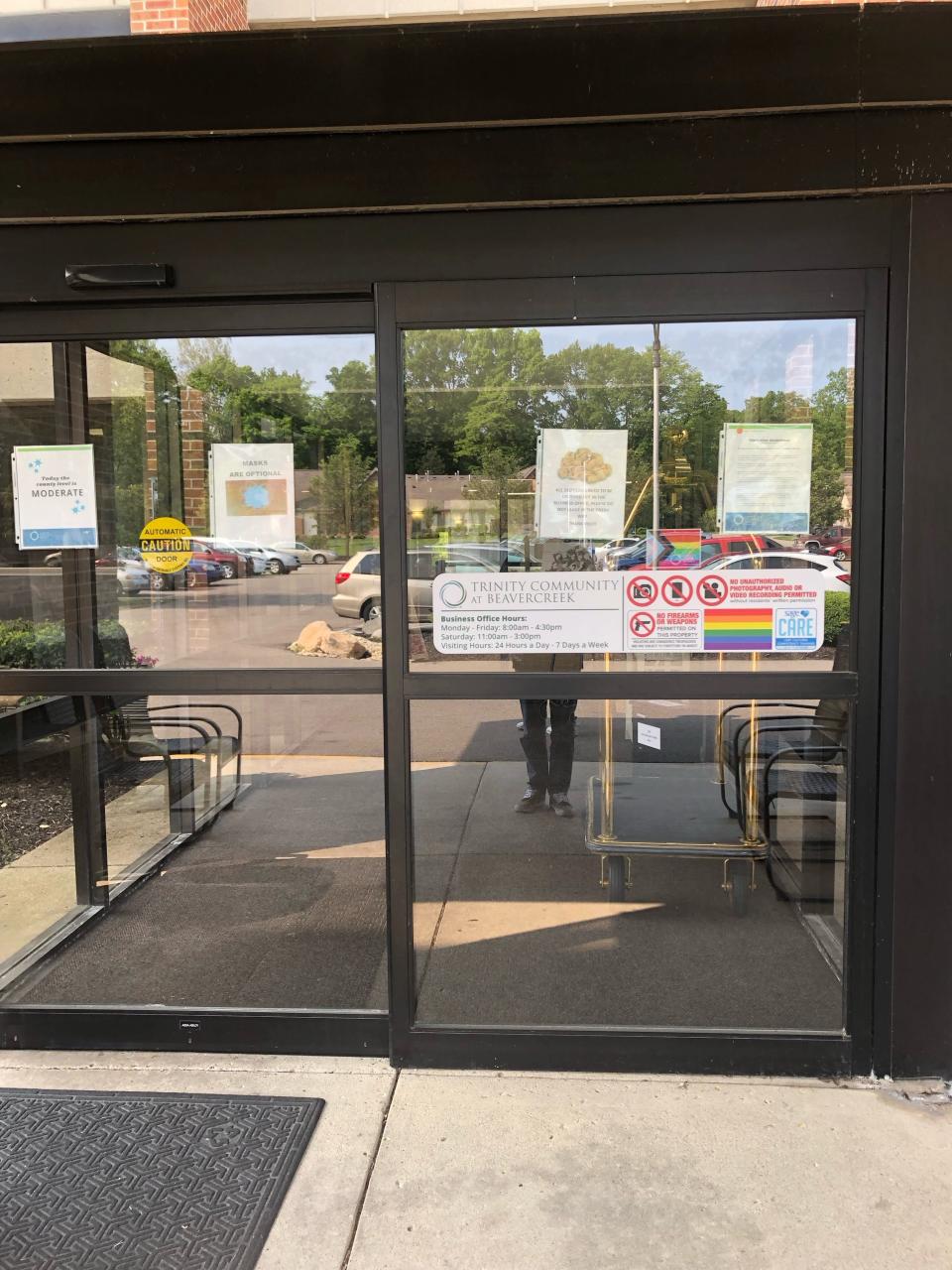
“Part of the whole idea or philosophy behind the index is, it’s a growth journey for the organization participating,” said Dale Brown, director of assisted and independent living at UCH's Trinity Community at Beavercreek, which has done the training. "Though we were in pretty good shape ... we've got a lot of room to grow as well."
UCH's vision is to transform aging, and that also means changing the experience of aging for people who have spent a large part of their life being cautious about their identity, Long-Higgins said.
"The life of an 85-year-old today, to be LGBTQ, for a significant part of their life it was considered a mental illness; it was considered criminal behavior," she said. "As they come and share their lives with us, if we can help ease some of that trauma so they aren't continuing to live in that fear, then it's definitely worth the work."
NaviGuide: New tool helps caregivers, older adults navigate aging services; age in place
dking@dispatch.com
@DanaeKing
This article originally appeared on The Columbus Dispatch: Denied housing, healthcare: Sweeping change needed as LGBTQ people age

